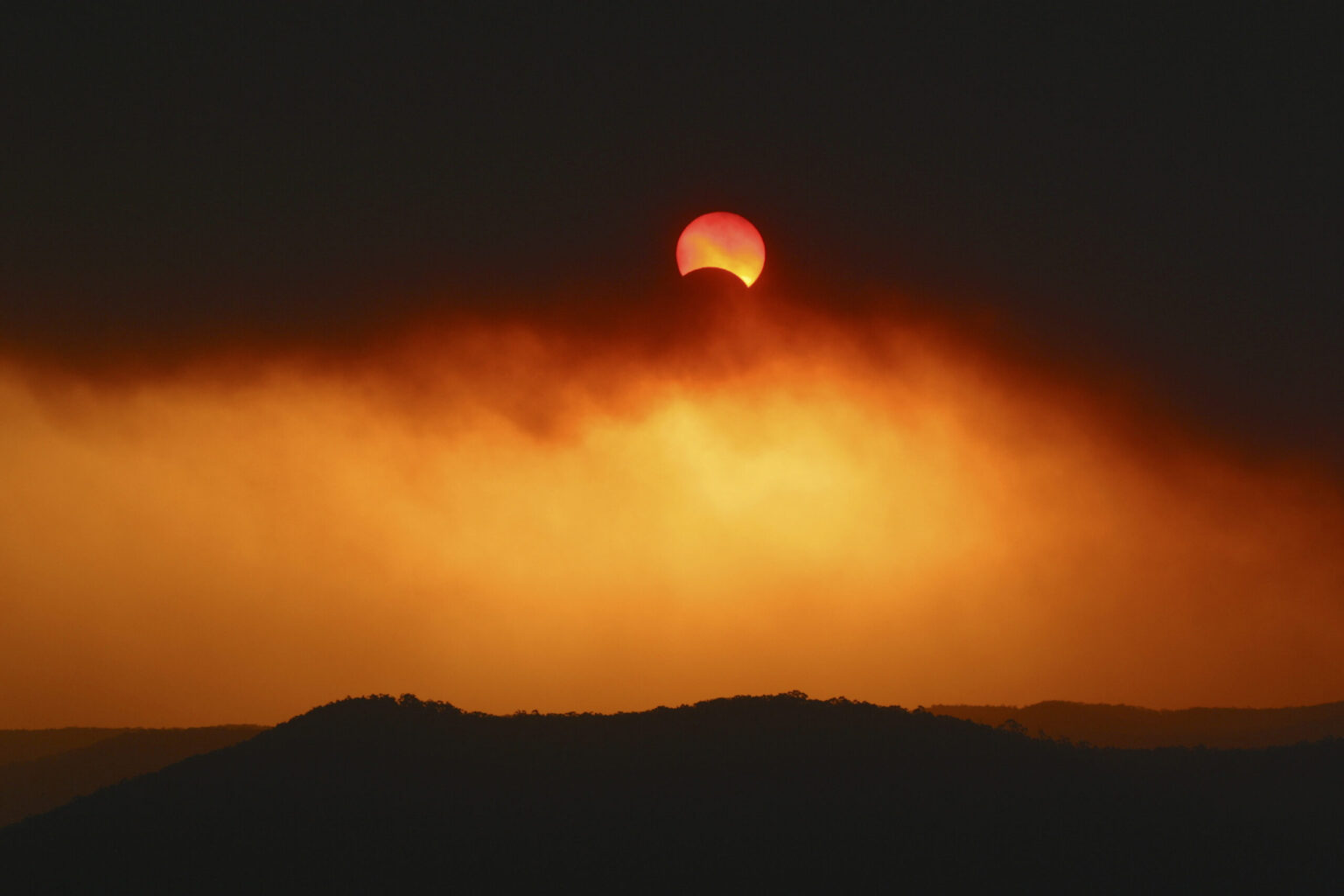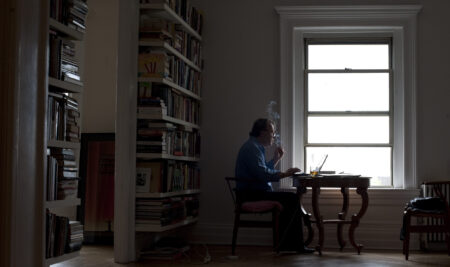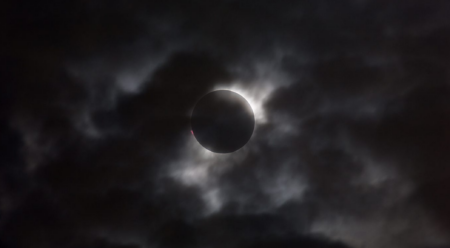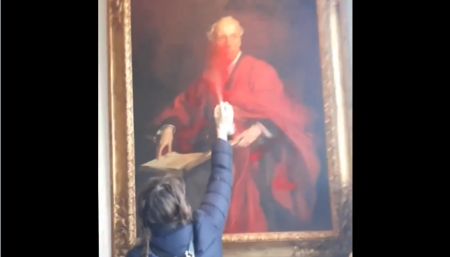For as long as I can remember I have identified fiercely with Sherlock Holmes during that memorable exchange in A Study in Scarlet when Dr. Watson laments the fact that “any civilized human being in this nineteenth century should not be aware that the earth travelled round the sun.” To which Holmes, indifferent or perhaps even perversely amused by Watson’s outrage, replies:
What the deuce is it to me? . . . . You say that we go round the sun. If we went round the moon it would not make a pennyworth of difference to me or to my work.
This insouciant dismissal has more or less governed my attitude toward the forthcoming eclipse, of which so much has been made these last few weeks. While I cannot pretend to anything like Holmes’s authority in the areas of blood stains or the varieties of tobacco ash, I do like to think that in addition to the ordinary rudiments of reading, ’riting, and ’rithmetic, I have stuffed my head with all manner of comparatively useless information—the contents of Sweet’s Anglo-Saxon Primer and Pope’s two editions of Shakespeare, the manner in which socialist clergymen decorated Anglo-Catholic parishes of the 1920s, the best recordings of individual symphonies among Karajan’s four interminable Beethoven cycles—and that all of this has served me much better than being able to mouth along with a series of half-remembered abstractions about “the solar system.”
There is something almost repulsive about the fact that the average American teenager has heard of black holes or even (shudders) “dark matter” but cannot tell you the names of the birds and flowers and trees which he sees every day, or would if he ever looked up from his phone. When I hear people asking me my “plans” for the eclipse, I am put in mind of a girl I remember from college who once said, more or less unprompted: “I love space, like, more than my family.”
But I wonder. In ancient times eclipses were treated with extraordinary seriousness. Herodotus tells us that Thales’ prediction of an eclipse brought peace between the Medians and Lydians. In St. Matthew’s Gospel we learn that at the end of time “after the tribulation of those days shall the sun be darkened, and the moon shall not give her light, and the stars shall fall from heaven, and the powers of the heavens shall be shaken.” Somewhat more recently, the old ’60s counterculture, which, at a hundred unacknowledged points of intersection, shared many of the priorities of today’s social conservatism, was very interested in this sort of thing. If we were half as human as our parents or grandparents we would all be queuing up our quadraphonic recordings of Meddle or Dark Side of the Moon or even Atom Heart Mother. (Speaking only for myself, I made absolutely sure to go to confession on Saturday afternoon.)
This raises a fascinating question in which I have long been interested—do young people listen to Pink Floyd? As far as I can tell classic rock is for old people, which for all practical purposes, includes those of us in our early to mid 30s. Never mind the eccentrics who argue about how early the matrix numbers on their 1973 pressings have to be for a Rega Planar 6s pumped through Dahlquist DQ-12s to reveal the inestimable depths of “On the Run.” If you have ever even held a CD of the work in question, my guess is that you are probably a weekly bowler with a 150-plus average and a receding hairline.
But this is getting very far afield. What I had hoped to say is that, prescinding from confessional or other prejudices, we can all surely agree on the following “normative” means of observing this special event:
1. Find special music. This may be the aforementioned Pink Floyd or it may be Richard Strauss. (Here the early swashbuckling tone poems will likely be of less avail than the late wintry stuff, especially the Metamorphosen and the Oboe Concerto, the noblest composition of the whole of the last century.) Or maybe neither speaks to you and you choose to observe the occasion by listening to whatever “Vampire Weekend” is. Whatever the music ends up being, make sure you play it as loudly as possible.
2. Make sure you are in the right physical location. I should be reasonable here. One supposes that very few readers of this esteemed publication will find themselves at Rome or Jerusalem, or even Pompeii, for this astronomical event. But at the very least one should not be at a strip mall or inside a casual dining chain. There are more things in heaven and earth than can be dreamed of in our philosophy, and far, far more than can be imagined at Potbelly. Find the nearest grove—any clump of trees will do in a pinch—at which you can imagine the presence of dryads and wait there for the obscuring of light.
3. Have the proper disposition. What do I mean by this? In one of his early odes, Hölderlin heaped scorn on his contemporaries for their inability to combine classical republicanism with what he considered authentic Greek metaphysics:
Cold hypocrites, of gods you do not dare to speak!
You’re rational! In Helios you don’t believe,
Nor in the Thunderer or the Sea-God;
Dead is our Earth, so what fool would thank her?
If you think of the eclipse in purely materialist terms—as a natural event involving a satellite some 238,900 miles distant from the planet we happen to inhabit and an even more remote body of plasma—you will find yourself missing the point entirely. And that would be a much sadder thing than finding oneself in the position of Holmes, who was “ignorant of the Copernican Theory and of the composition of the Solar System.”
Read the full article here














